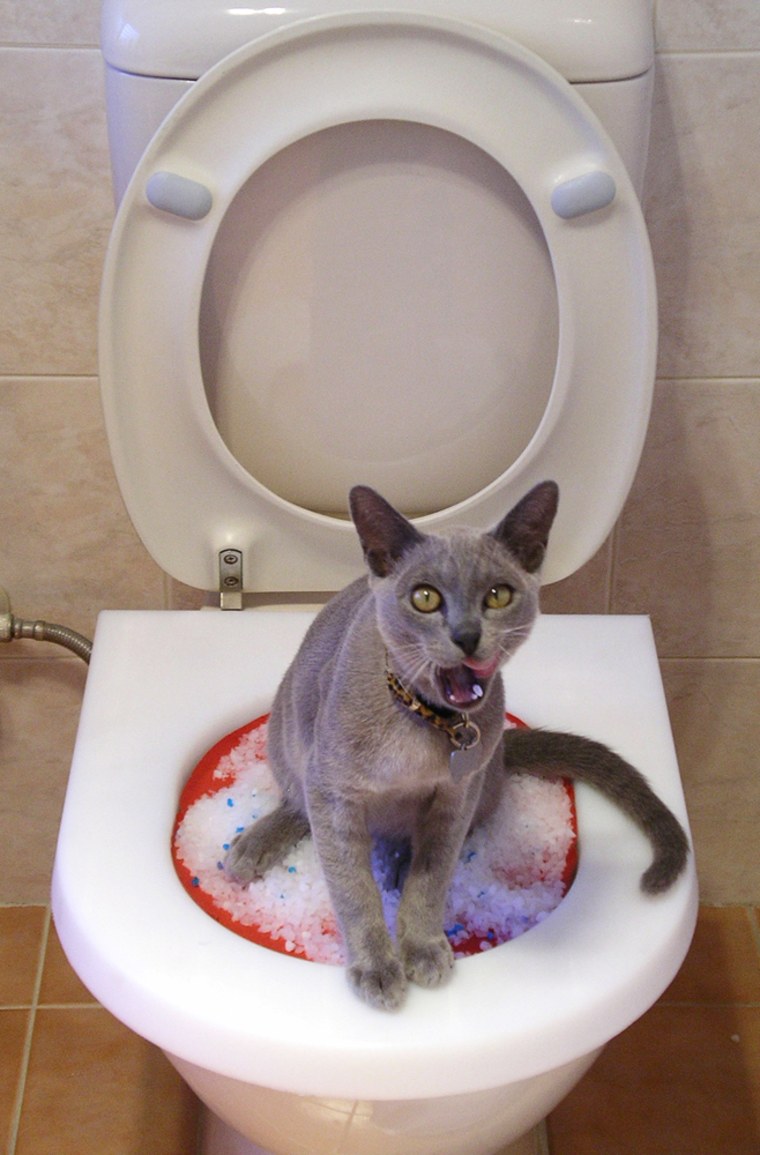Reasons You Should Never Flush Cat Poop Down Your Toilet - Important Information
Reasons You Should Never Flush Cat Poop Down Your Toilet - Important Information
Blog Article
They are making several great pointers relating to Don’t flush cat feces down the toilet in general in this great article followed below.

Intro
As pet cat proprietors, it's vital to bear in mind exactly how we take care of our feline friends' waste. While it might appear convenient to purge pet cat poop down the bathroom, this practice can have destructive effects for both the atmosphere and human health.
Alternatives to Flushing
The good news is, there are much safer and more liable ways to take care of feline poop. Take into consideration the complying with choices:
1. Scoop and Dispose in Trash
The most typical approach of taking care of cat poop is to scoop it into a biodegradable bag and throw it in the garbage. Be sure to utilize a dedicated trash scoop and throw away the waste immediately.
2. Use Biodegradable Litter
Opt for naturally degradable feline litter made from materials such as corn or wheat. These clutters are environmentally friendly and can be securely gotten rid of in the trash.
3. Bury in the Yard
If you have a yard, think about burying feline waste in a marked area far from vegetable yards and water sources. Make sure to dig deep sufficient to prevent contamination of groundwater.
4. Set Up a Pet Waste Disposal System
Invest in an animal waste disposal system particularly made for feline waste. These systems use enzymes to break down the waste, minimizing odor and environmental effect.
Wellness Risks
Along with ecological worries, flushing feline waste can likewise present health threats to humans. Pet cat feces may consist of Toxoplasma gondii, a bloodsucker that can cause toxoplasmosis-- a potentially serious ailment, particularly for expecting ladies and people with damaged immune systems.
Ecological Impact
Purging feline poop presents harmful microorganisms and bloodsuckers right into the water system, presenting a substantial risk to aquatic communities. These pollutants can negatively impact aquatic life and concession water high quality.
Final thought
Accountable animal possession expands beyond providing food and shelter-- it additionally includes proper waste monitoring. By refraining from purging feline poop down the toilet and going with different disposal techniques, we can minimize our ecological impact and secure human health and wellness.
Why You Should Never Flush Cat Poop Down the Toilet
A rose by any other name might smell as sweet, but not all poop is created equal. Toilets, and our sewage systems, are designed for human excrement, not animal waste. It might seem like it couldn’t hurt to toss cat feces into the loo, but it’s not a good idea to flush cat poop in the toilet.
First and foremost, assuming your cat uses a litter box, any waste is going to have litter on it. And even the smallest amount of litter can wreak havoc on plumbing.
Over time, small amounts build up, filling up your septic system. Most litter sold today is clumping; it is made from a type of clay that hardens when it gets wet. Ever tried to scrape old clumps from the bottom of a litter box? You know just how cement-hard it can get!
Now imagine just a small clump of that stuck in your pipes. A simple de-clogger like Drano isn’t going to cut it. And that means it’s going to cost you big time to fix it.
Parasitic Contamination
Believe it or not, your healthy kitty may be harboring a nasty parasite. Only cats excrete Toxoplasma in their feces. Yet it rarely causes serious health issues in the cats that are infected. Most people will be fine too if infected. Only pregnant women and people with compromised immune systems are at risk. (If you’ve ever heard how women who are expecting are excused from litter cleaning duty, Toxoplasma is why.)
But other animals may have a problem if infected with the parasite. And human water treatment systems aren’t designed to handle it. As a result, the systems don’t remove the parasite before discharging wastewater into local waterways. Fish, shellfish, and other marine life — otters in particular — are susceptible to toxoplasma. If exposed, most will end up with brain damage and many will die.
Depending on the species of fish, they may end up on someone’s fish hook and, ultimately on someone’s dinner plate. If that someone has a chronic illness, they’re at risk.
Skip the Toilet Training
We know there are folks out there who like to toilet train their cats. And we give them props, it takes a lot of work. But thanks to the toxoplasma, it’s not a good idea.

We had been introduced to that write-up about How to Dispose of Cat Poop and Litter Without Plastic Bags from an associate on another web page. Don't hesitate to set aside a second to distribute this entry if you liked it. Thanks so much for going through it.
Phone Report this page